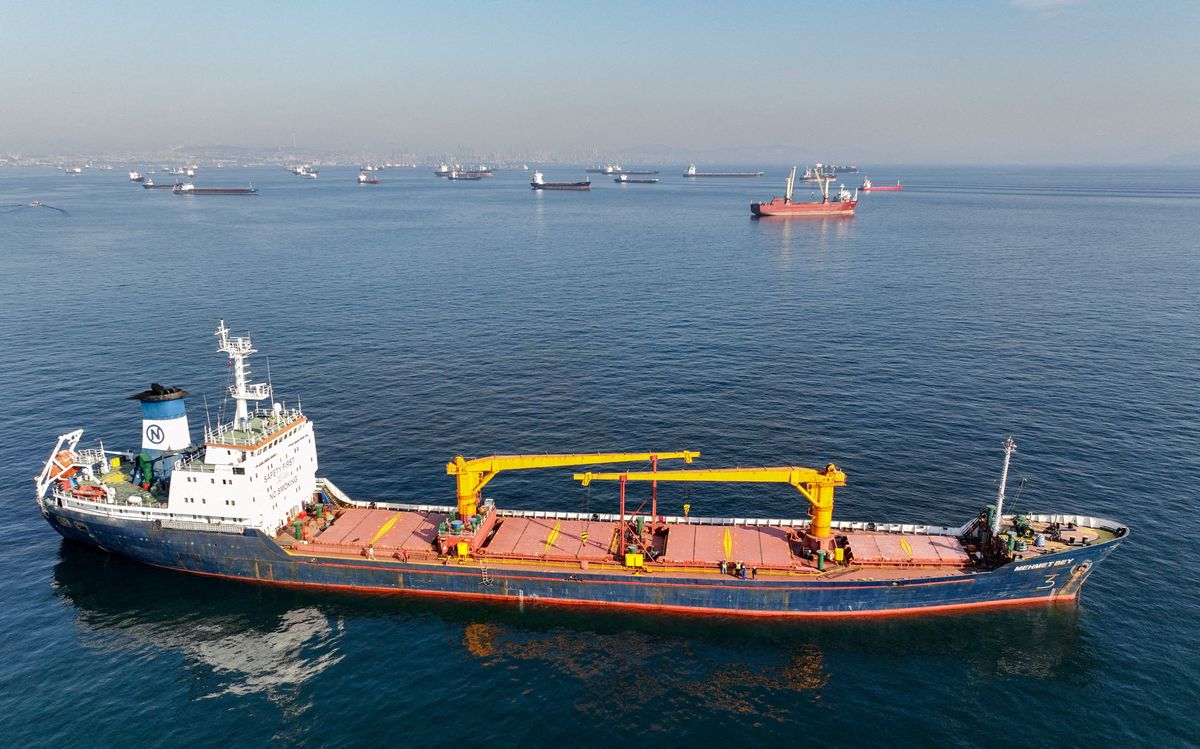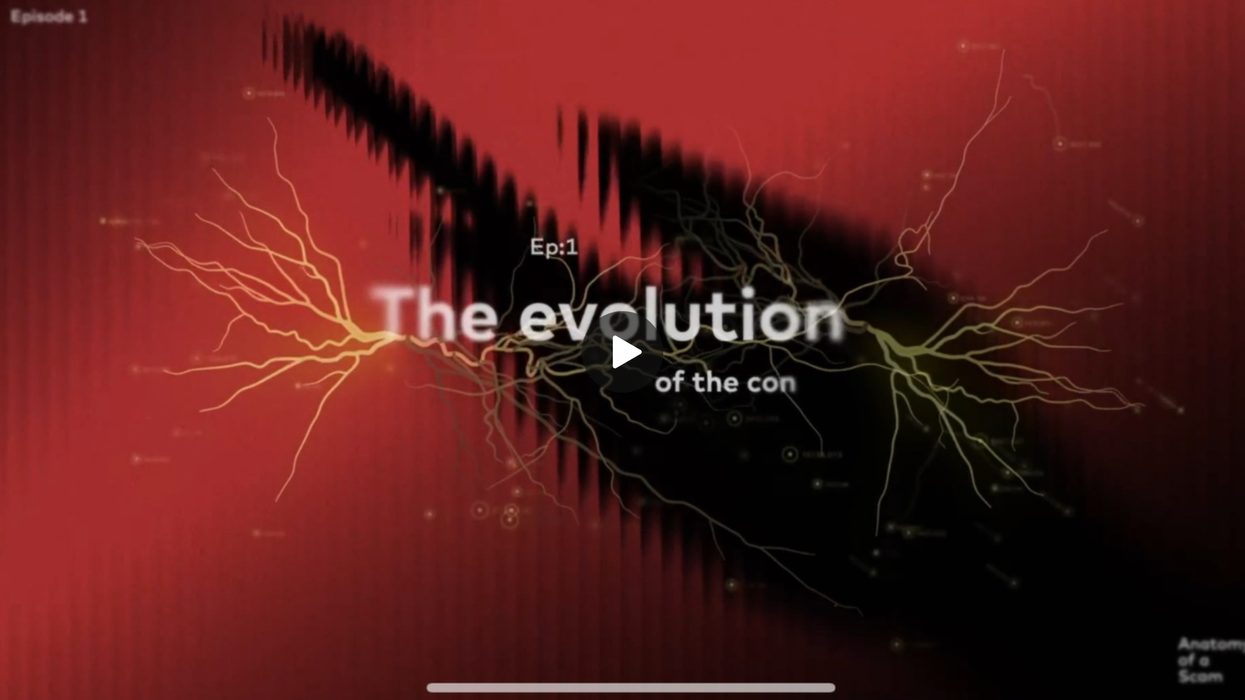On Monday, Russia confirmed that the Ukrainian grain deal was "suspended" after the last extension expired. The Kremlin did not give a reason, but the announcement occurred just hours after Moscow claimed that Ukraine had attacked the Kerch bridge connecting the Crimea peninsula to the Russian mainland. Kyiv has denied responsibility.
Although the Russian government denied a connection, this is almost an exact repeat of what happened last October, when Russia temporarily pulled out of the UN- and Turkey-brokered agreement to export Ukrainian grain from the Black Sea following a drone attack on the same bridge. The crossing has been of great symbolic value for the Russians since they annexed Crimea in 2014 and is a crucial artery to support its war effort in southern Ukraine.
Prior to the latest Kerch bridge attack, to extend the grain deal Russia had demanded more exports of ammonia (a key ingredient in fertilizer) and that the EU reconnect the Russian Agriculture Bank to SWIFT, the global electronic payments network. Neither happened before the deadline expired Monday.
The suspension is a very big deal for global food security. For one thing, it’ll disproportionately hurt Global South countries that are highly reliant on imports from the two sunflower superpowers and vulnerable to high food prices. Many of those nations are also Russia’s closest friends across the developing world, which gives Vladimir Putin a strong reason to agree to another extension in the coming days — as he ultimately did the last time the deal fell apart.


















